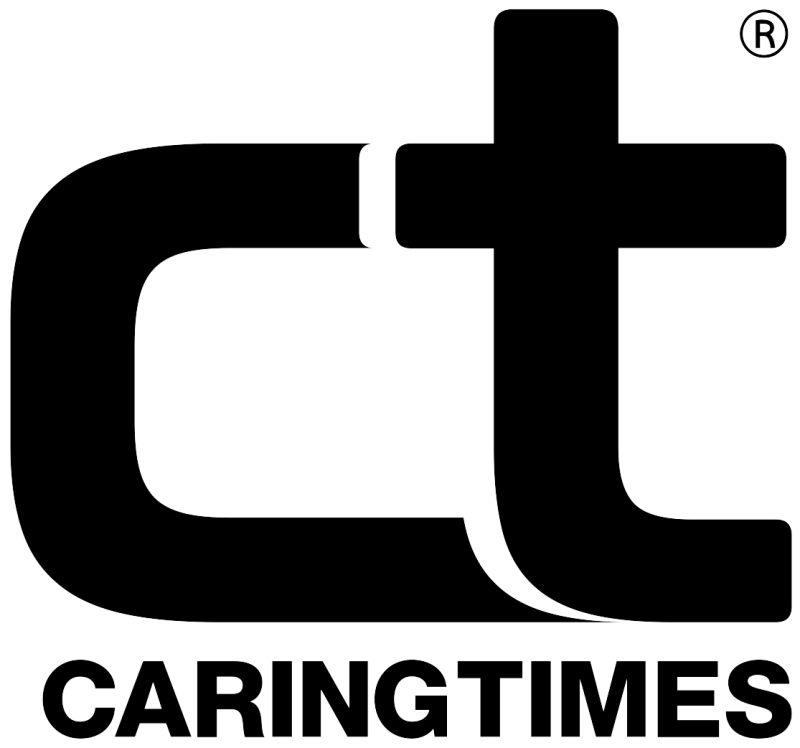Effective crisis communications and reputation management are critical for care providers looking to protect their brand, residents, and stakeholder trust.
In today’s highly scrutinised media and public environment, care homes in the UK face constant reputational risk. From regulatory breaches and inspection reports to allegations of neglect or outbreaks of infectious disease, a crisis can arise at any time. Strategic crisis communication helps care providers respond quickly, maintain public confidence, and safeguard their reputation.
Bridgehead have transformed our online presence by securing extensive coverage across the local, national, and trade media.
Our full-service crisis communications support guides care providers through every stage of a reputational challenge. We help mitigate risk, manage media and stakeholder communications, and recover swiftly from incidents. Our team has extensive experience managing the crises care providers commonly face, including allegations of neglect or abuse, regulatory breaches, infectious disease outbreaks, poor CQC inspection reports, financial instability, ownership changes, legal disputes involving residents or staff, data breaches, and staff disputes or industrial action.
Care Home Crisis Communications & Reputation Services
We provide a comprehensive suite of crisis communications and reputation management services tailored specifically for care providers. From pre-crisis planning to real-time crisis management and post-crisis reputation recovery, our team helps care homes and care groups protect their brand, maintain public trust, and navigate reputational challenges with confidence.
Crisis Planning for Care Homes
Risk Assessment: Detailed evaluation of potential risks and vulnerabilities within your care setting.
Crisis Communication Plan: Tailored plans including key messaging, response protocols, and stakeholder contact lists.
Staff Training Workshops: Equipping your team with the skills to respond effectively to any crisis.
Simulation Exercises: Realistic crisis scenarios to test and refine your response strategies.
Crisis Management Services
24/7 Crisis Hotline: Immediate access to crisis communication experts whenever a situation arises.
Rapid Response Team: Deployment of a dedicated team led by our Managing Director, William Walter, to manage communications, media relations, and stakeholder updates during a crisis.
Media Relations: Crafting press releases, managing media inquiries, and holding press conferences to control the narrative.
Social Media Management: Monitoring and managing social channels in real time to counter misinformation and provide accurate updates.
Stakeholder Communication: Transparent engagement with residents’ families, staff, regulators, and the wider public to maintain trust.
Post-Crisis Reputation Management
Reputation Recovery Plan: Strategic approach to restoring and strengthening your organisation’s public image.
Positive Publicity Campaigns: Highlighting achievements and success stories to offset negative coverage.
Online Reputation Management: Optimising search engine results and managing online reviews to improve visibility of positive content.
Stakeholder Engagement: Ongoing communication with key audiences through newsletters, events, and updates.
Media Training: Preparing your team for future interactions with the press and media.
Additional Support Services
Internal Communication: Ensuring clear, consistent messaging within your care organisation.
Legal Liaison: Collaborating with legal advisors to maintain compliance in all crisis communications.
Crisis Documentation: Recording all actions taken during the crisis for accountability and future learning.
Evaluation and Reporting: Comprehensive post-crisis analysis to identify strengths, weaknesses, and opportunities for improvement.
Led by Will, the team at Bridgehead were brilliant. I could not recommend them highly enough.
Why Choose Our Care Crisis Communications Services?
We specialise in crisis communications for care homes and adult social care providers, helping organisations of all sizes, from single facilities to large care groups, protect their reputation, maintain public trust, and navigate media scrutiny during challenging events.
Our passion for the sector runs deep. Our Managing Director, Will Walter, contributes a monthly column to Care Home Professional and stays fully updated on key industry standards, including the CQC assessment framework, ensuring our strategies are aligned with the latest regulatory and reputational best practices.

How Bridgehead Protects Care Home Reputations
Discover: We get to know your care home, your residents, and your stakeholders, so every crisis communications strategy is tailored to your organisation’s unique risks and strengths.
Plan: Bridgehead develops a clear, actionable crisis communications roadmap, covering risk assessment, internal and external messaging, and media engagement to prepare your care home for any scenario.
Execute: Our team delivers real-time media relations, social media management, press releases, stakeholder updates, and reputation protection campaigns to mitigate harm and control the narrative during a crisis.
Measure: We monitor public and media response, track stakeholder engagement, and evaluate the effectiveness of our interventions, giving you a clear picture of your care home’s reputational resilience and lessons for future preparedness.
Protect Your Care Home’s Reputation Today. Book a free Crisis Communications Strategy Call with Bridgehead and ensure your care home is prepared, protected, and able to respond confidently to any reputational challenge.

























